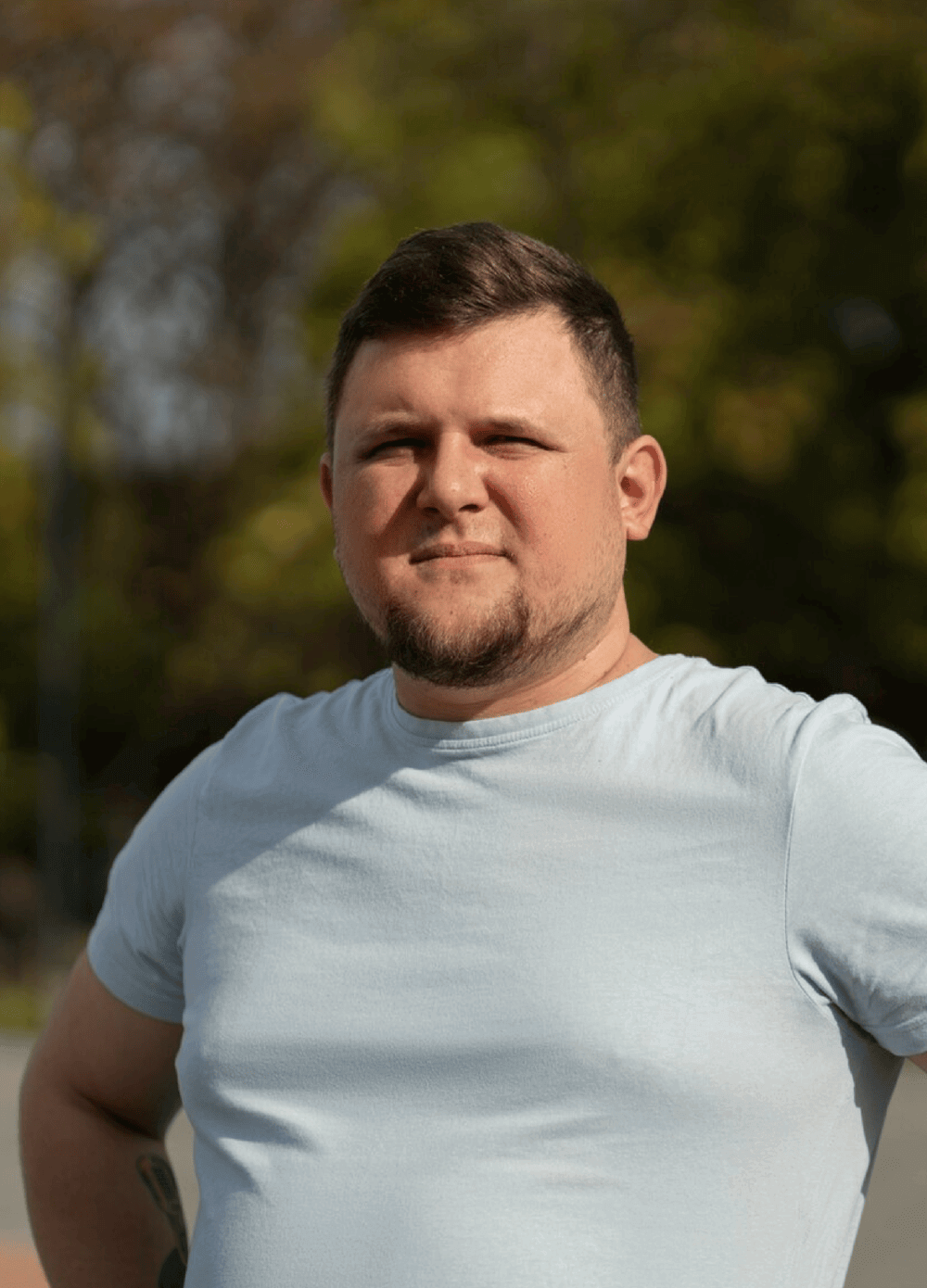General Questions
A 1 to 1 consultation gives you the chance to talk quietly and privately to a member of the Team about yourself, your weight issues and the surgical options available to you. A seminar or open event is less personal but allows you to find out information on the different surgical options and meet people who may have had weight loss surgery and those wishing to find out more about it without obligation.
COE is a centre of excellence program which is administered by the Surgical Review Corporation. Southwest Bariatric Surgery Group underwent a rigorous assessment by the Surgical Review Corporation, a highly respected organisation in the USA, to ensure that our Bariatric practices and quality of patient care was second to none. We are the only group outside London to receive this accolade.
The British Obesity Surgery Patients Association (Bospa), Weight Loss Surgery and support (WLS)


Surgery Questions
The current recommendation is to keep them separate. About 30 mins either side of eating.
There is always an element of discomfort following any surgery and levels of pain can vary between each individual. Most bariatric patients complain of a “windy” discomfort which can be alleviated with gentle mobility and drinking peppermint tea.
It is rare for someone to feel hungry after weight loss surgery because you will have some swelling in your stomach and the hormones that create hunger are toned down. As the swelling reduces over the following weeks, your hunger will return if you have a gastric band, but after a gastric bypass we would not expect your hunger to return because food is not passing through the section of your stomach in which the hunger hormones are produced. In both cases, your fullness hormones should be activated early as well, as the small stomach pouch is dilated by food.
Again pain is dependent on the individual. However, most Gastric Band patients describe their Band adjustment as no worse than having blood taken. A momentary discomfort in order to achieve long term weight loss.
The main job of your stomach is to liquidise the food you eat prior to its digestion, so your stomach, which is a muscular sac, is constantly churning on food in it to do this. We want you to have pureed food after a band is inserted because we want the stomach to rest quietly and if the food goes into a liquid state, the stomach has no work to do.
The gastric band forms scar tissue around itself in the early days and this is an important component of preventing it from possibly slipping, later on. Many people find the pureed food becomes boring because they are used to the crunchy texture. Our recommendation is to make sure you food is spicy and tasty enough – so have a curry if you like them, just liquidise the curry (without the rice).
Also, make your food look as attractive as possible on the plate. Pureed layers of a cottage pie separately with small spoon fulls of separate vegetables on a plate (e.g. carrots and beans) look better than a grey sludge when pureed together.
After 6 weeks when you are back on solid foods and your stomach swelling has subsided. Gastric band patients may experience some problems with large tablets as their band restriction increases and I recommend that patients keep some soluble painkillers (or melts) to use if they have a headache etc because the stomach muscles constrict when you are stressed, and make it harder to get a tablet down. Check with a member of the Bariatric team or at your Pre-Assessment appointment if you take meds regularly. Same applies with multivitamins. Chewable or liquid ones are preferable for first 3 months. I would say 3 months for all meds. Antibiotics can seriously upset a bypass patient because of the altered digestive pathway. Because of the delayed emptying of the gastric pouch, bypass patients should not take NSAIDs orally post op because there is an increased risk of ulceration at the bypass anastomoses. Rectally is a good alternative. Band patients need to take a PPI (Zoton Fast tabs which dissolve in the mouth are recommended) for 1 month post-op and bypass patients for 3 months. This reduces the amount of stomach acid that you produce, whilst the weight loss surgery is healing and the swelling reducing.
Wait until your first follow up appointment before commencing gym or weights or more strenuous swimming etc.. Don’t wrap yourself in cotton wool post-operatively. Ensure you have a good walk daily and build up your stamina. Sexual relations may be recommenced again, once you have had the all clear at your first follow up.
The following foods are often reported to be a problem; red meat, bread, tough/dry meat, rice, stringy vegetables, fruit, pips, seeds and skins.
However, the most common reason that people find these foods a problem is that they try to eat them to fast, in too large mouthfuls or don’t chew them properly. Bread can usually be eaten if it is crusty, high grain or toasted. Stringy vegetables such as beans, asparagus and broccoli stalks can be cut up. Apple and grape skins can be a problem so we advise peeling fruit. Nuts and seeds are rarely a problem because it is hard to swallow them without chewing them properly. On the other hand if you sprinkle nuts or croutons on a salad, it ensures you chew the salad much better and it tends to go down easier.
Both Band and Bypass patients receive both written and verbal advice and information on diet pre and post-operatively.
The main risks of surgery are DVT (deep vein thrombosis) and you will be given medication to thin the blood in order to prevent this, plus wear special anti-embolic stockings. The best way to prevent this is to get up and moving as soon post-op as is comfortable and safe to do so. Chest infection can be another potential side effect so you will be encouraged to take a lot of deep breaths post-op and also be given antibiotics during surgery to prevent potential infection both chest and wound.
It is well documented that losing a significant amount of weight can dramatically improve, if not resolve, health problems such as Type 2 Diabetes, Hypertension and Sleep Apnoea. Plus the added benefits that being slimmer and fitter can bring, such as improved self-esteem, confidence and an overall better quality of life.
Disclaimer: Please note that weight loss surgery results and benefits are unique to each individual and in such The Bariatric Group cannot guarantee specific weight loss goals as results for each surgery can vary. If you have any questions or would like to know more about weight loss surgery please contact our expert team.


Exercise is always a good part of any weight loss programme whether it is a brisk walk or regular gym attendance. Following Bypass surgery we advise waiting until your first follow up appointment at 6 weeks before resuming physical exercise, although you should not wrap yourself in cotton wool. Following Band surgery approximately 4 weeks post-operatively. For both types of surgery you should always ensure the wound sites are completely healed. The same regime applies to sexual relations.
Disclaimer: Please note that weight loss surgery results and benefits are unique to each individual and in such The Bariatric Group cannot guarantee specific weight loss goals as results for each surgery can vary. If you have any questions or would like to know more about weight loss surgery please contact our expert team.
I would advise you to keep testing your blood sugars regularly and ensure that you eat regular starchy carbohydrates to match your level of medication. Also, keep your appointments initially with your endocrinologist until diabetes stabilises.
You will feel very tender after band or bypass surgery as you will have a lot of internal bruising or swelling. However, because the skin incisions are small, the wound pain is minimal. After gastric banding, most patients are kept pain free with soluble paracetamol or codeine. For the first 24 hours after a bypass, you may need stronger painkillers but the need for these will lessen quite quickly.
Some patients experience wind pain which can be quite troublesome with pain under the rib cage or in the shoulder tip. This is because they inflate your abdomen with gas to do the surgery and at the end of the operation, although they try to remove all the gas, sometimes that is not possible to do so 100%. The best remedies for wind pain are to get up and move around, take analgesics regularly and some people find peppermint water also helpful. Don’t suck mints or chew gum as that will create more air in the mouth that you then swallow.
After an intragastric balloon insertion, some patients describe feelings of heaviness or stomach bloating until they get used to the balloon, but they should not be experiencing pain. Any nausea can be alleviated with medication prescribed from the hospital.
Disclaimer: Please note that weight loss surgery results and benefits are unique to each individual and in such The Bariatric Group cannot guarantee specific weight loss goals as results for each surgery can vary. If you have any questions or would like to know more about weight loss surgery please contact our expert team.
This is dependent on the type of obesity surgery and patient commitment to follow up. Band patients have a much slower rate of weight loss compared to Bypass patients. This is because of the malabsorbtive element of Bypass surgery. However, most gastric band patients are able to lose between 1-2lbs/week and over the first 2 years this can add up to a considerable amount.
Disclaimer: Please note that weight loss surgery results and benefits are unique to each individual and in such The Bariatric Group cannot guarantee specific weight loss goals as results for each surgery can vary. If you have any questions or would like to know more about weight loss surgery please contact our expert team.
Weight loss surgery is only a tool and not a miracle cure. For some patients it simply does not work for them. Usually this is because they fail either to comply with regular follow up appointments and/or they cannot change the way they eat and adapt poor habits to fit around having surgery e.g. ice cream and chocolate instead of a healthy meal.
Disclaimer: Please note that weight loss surgery results and benefits are unique to each individual and in such The Bariatric Group cannot guarantee specific weight loss goals as results for each surgery can vary. If you have any questions or would like to know more about weight loss surgery please contact our expert team.
In the first few months you will be seen by the Specialist Nurse every 3-4 weeks depending on the amount of weight lost and what you are still able to eat. Within the first 2 years of your package you may have as many band adjustment appointments as necessary, although we don’t advocate one every week as this could potentially cause damage to the port and it can take a couple of weeks to feel the restriction.

About
The Bariatric Group specialises in weight loss surgery. We started the service in 2003 and now have seven surgeons The team.

Success Stories
Some of our clients are keen to tell you about their experiences of weight loss surgery with The Bariatric Group.

Procedures
What procedure is best for you? we simplify the process, so you can understand all of the options available to you.

Contact
Picking up the telephone is often the hardest part of the process but it could be the start of your new life.




